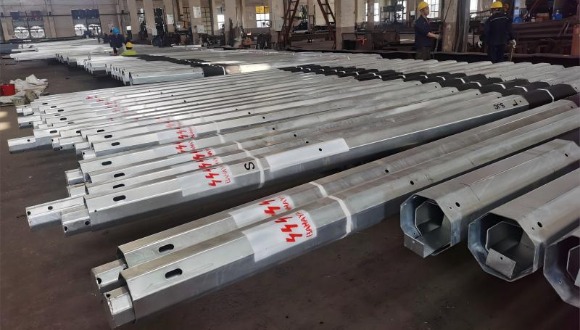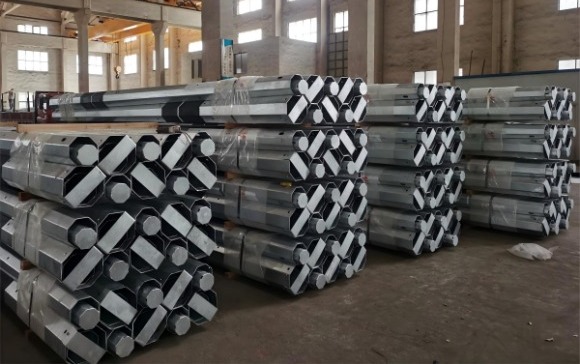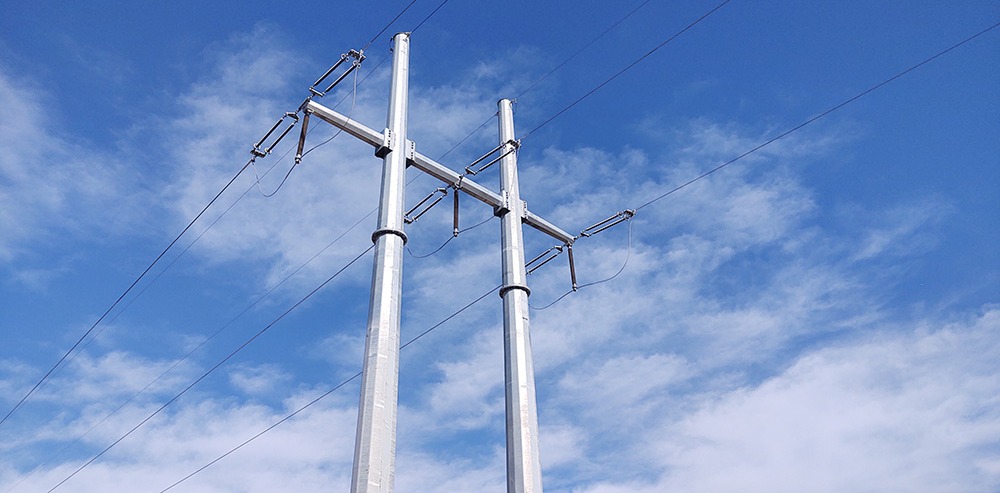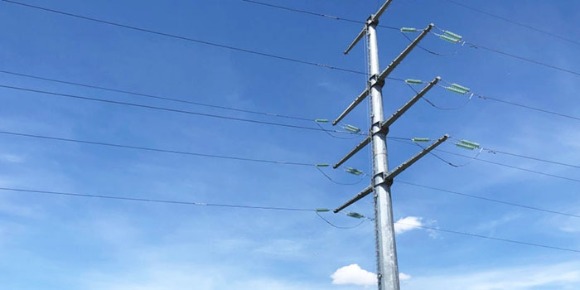The Common Utilization of Low Voltage Transmission Pole
The utilization of low voltage transmission poles plays a crucial role in the distribution of electricity to various consumers in residential, commercial, and industrial settings. Here are some key aspects highlighting the importance and applications of low voltage transmission poles:
Residential Electricity Distribution:
-Power Delivery to Homes: Low voltage transmission poles are used to supply electricity from distribution transformers to individual households.
-Street Lighting: Poles support streetlights in residential areas, enhancing visibility and safety during nighttime.
Commercial and Industrial Applications:
-Powering Commercial Buildings: Low voltage poles distribute electricity to commercial establishments such as shops, offices, and restaurants.
-Industrial Facilities: Poles supply power to factories, warehouses, and industrial complexes for running machinery and equipment.

Rural Electrification:
-Bringing Power to Rural Areas: Low voltage transmission poles are instrumental in extending electricity to remote and rural regions.
-Agricultural Applications: Poles support power lines for agricultural purposes, such as irrigation systems and farm equipment.
Public Infrastructure:
-Telecommunications: Poles may also support telecommunication equipment, such as antennas and cables, for communication networks.
-Transportation: Poles can be used for powering traffic lights, road signs, and other transportation infrastructure.
Temporary Installations:
Events and Construction Sites: Low voltage poles can be utilized for temporary power supply at events, construction sites, or emergency situations.
Advantages of Low Voltage Transmission Poles:
-Cost-Effective Distribution: These poles offer a cost-effective solution for distributing electricity over shorter distances.
-Reliability: They provide a reliable means of delivering power to various types of consumers.
-Flexibility: Poles can be easily installed, maintained, and relocated based on changing requirements.
-Quick Installation: Compared to higher voltage transmission structures, low voltage poles can be installed relatively quickly.
Maintenance and Safety:
-Regular Inspections: Routine inspections are essential to identify and address any issues promptly.
-Vegetation Management: Ensuring that vegetation around the poles is properly managed to prevent interference with power lines.
-Safety Measures: Implementing proper grounding and insulation to protect against electrical hazards.

Low voltage transmission poles are fundamental components of electrical distribution networks, serving as the backbone for delivering electricity to homes, businesses, and communities. Their strategic placement and proper maintenance are vital for ensuring a reliable and safe supply of electricity to meet the needs of various consumers across different sectors.

Learn more at www.alttower.com


.jpg)
评论
发表评论